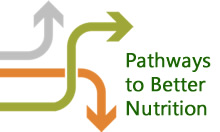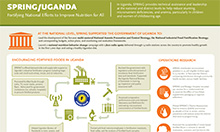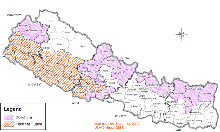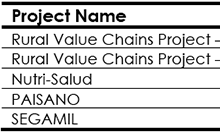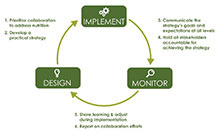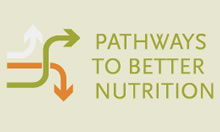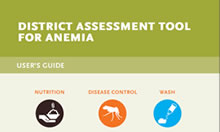“Good governance is perhaps the single most important factor in eradicating poverty and promoting development.”
- former UN Secretary General Kofi Annan
Governance refers to the capacity and processes for making and implementing decisions and providing public goods and services, including those relevant to nutrition. Policies are a tool of governance that can impact a country’s progress toward good nutrition. However, responsibility for governing nutrition activities often falls among and across various government ministry lines and often requires multi-sectoral and multi-stakeholder platforms.
SPRING’s research and assistance has created practical guidance on how to strengthen nutrition governance and policy while improving transparency and collaboration. Our Pathways to Better Nutrition (PBN) studies in Nepal and Uganda shed light on the influence, impact, and success of nutrition plans and policies on decision-making processes, funding, and, ultimately, on improving nutrition outcomes. And assessments conducted in Bangladesh, Guatemala, Nepal, and Rwanda provide evidence on how different Feed the Future countries are governing nutrition programs, involving different sectors in both design and implementation.
Building on these findings, we have also developed guidance and tools for strengthening policies and governance for nutrition. Our District Assessment Tool for Anemia (DATA) provides both for determining the main factors that cause anemia, prioritizing interventions, and identifying actions to strengthen anemia-related programming. Meanwhile, in Bangladesh, Ghana, Haiti, the Kyrgyz Republic, and Uganda, SPRING has helped to develop nutrition-related policies and improved protocols, curricula, supervision guidelines, and monitoring systems to support strong, transparent, and successful nutrition governance.
